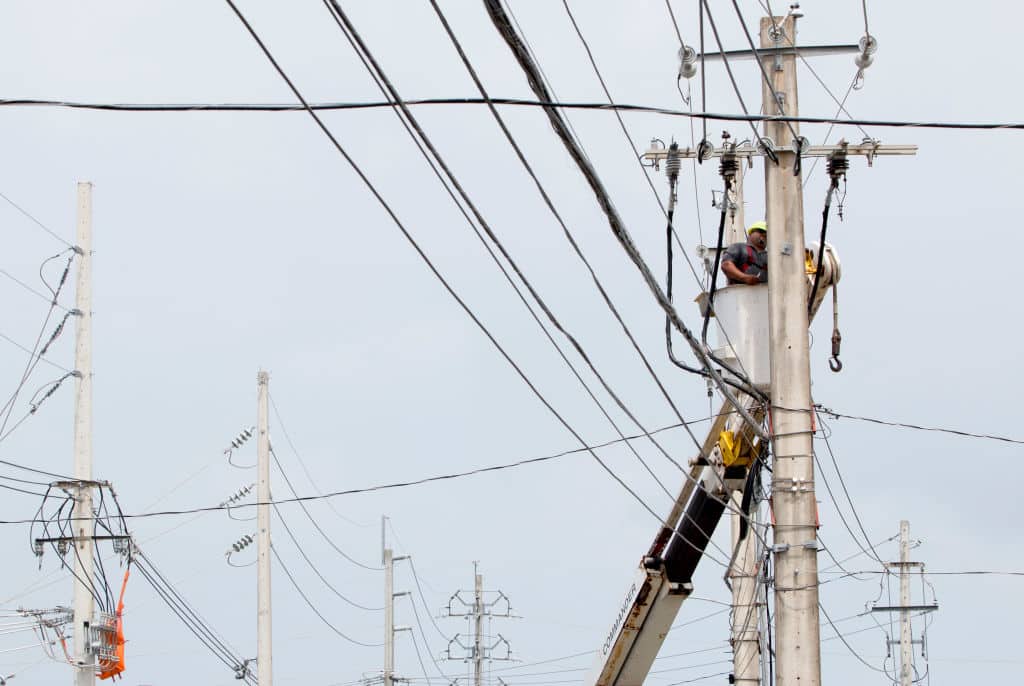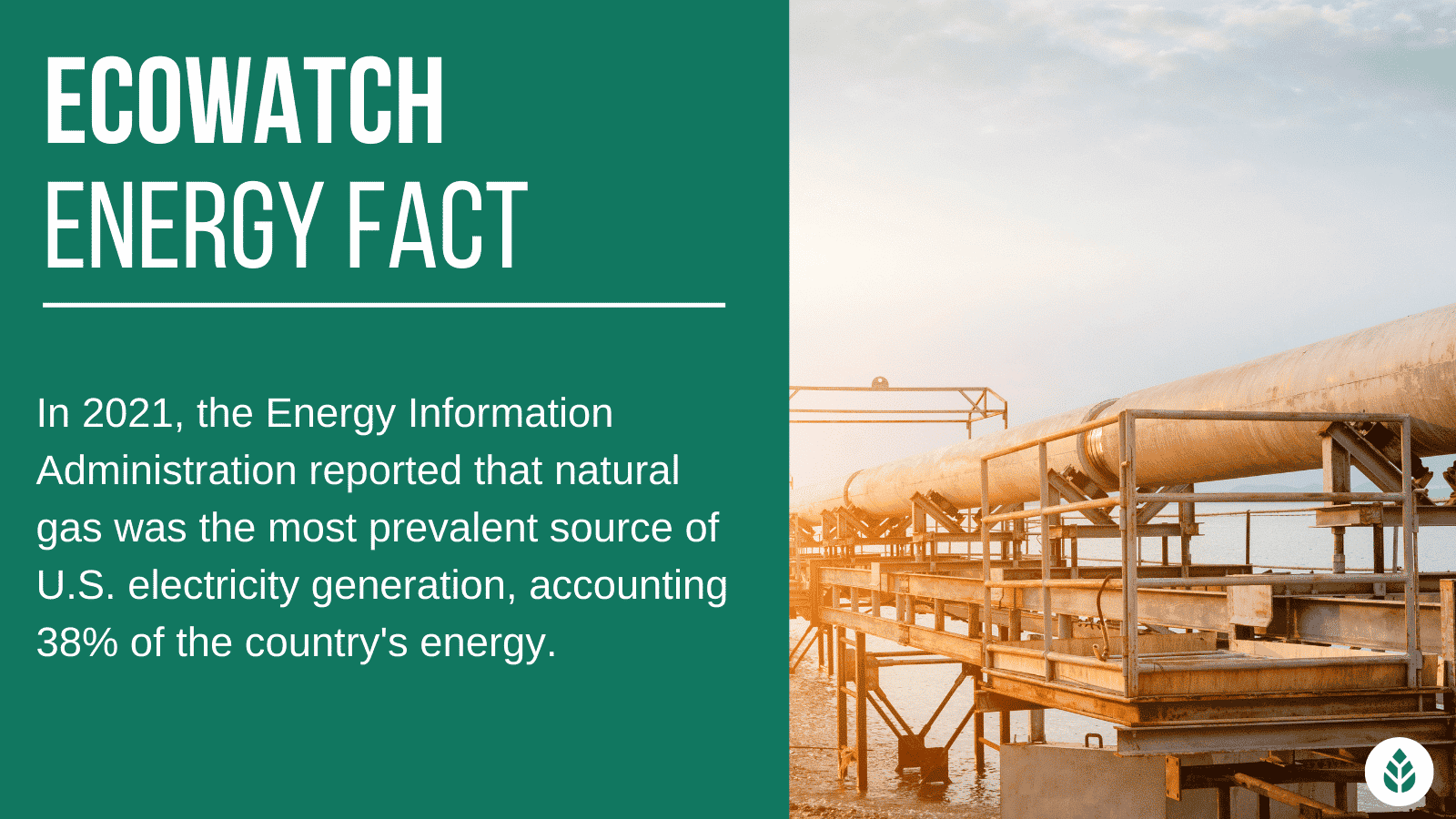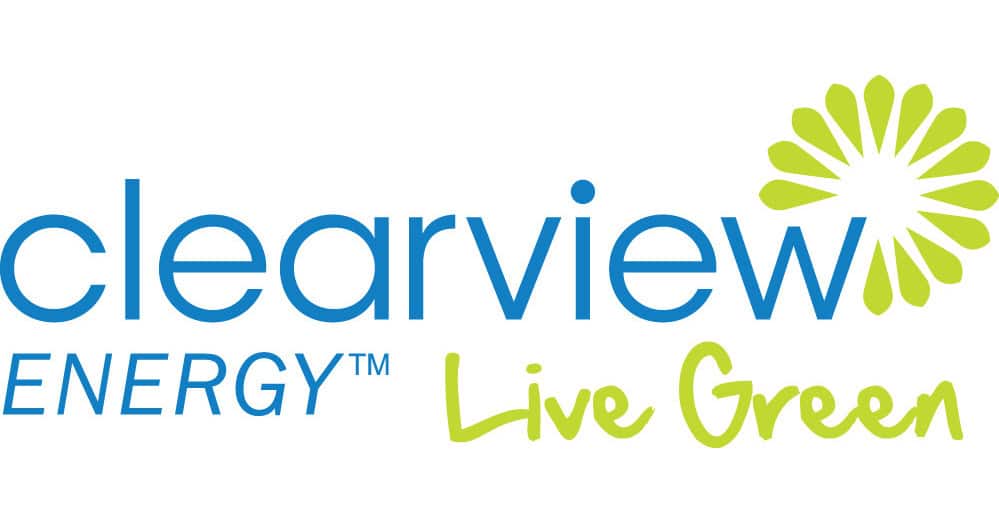

Can You Switch Power Suppliers? (2024 Guide)
Here’s what we’ll cover in this guide:
- Can You Switch Energy Suppliers?
- How Do I Switch Electricity Providers?
- How Do I Find the Best Energy Supplier?
Each product and or company featured here has been independently selected by the writer. You can learn more about our review methodology here. If you make a purchase using the links included, we may earn commission.
Energy prices are on the rise — and homeowners across the country are getting more and more nervous to look at their electricity bills at the end of the month. For those who live in states with deregulated electricity markets, switching power suppliers offers a tangible way to lower the rates you pay for your energy. But there are a few catches.
How Does Switching Energy Providers Work?
If you live in a state with a deregulated energy market, you have the power to choose your own electricity supplier. Deregulated energy markets provide electricity customers with a few advantages over the more commonplace regulated energy markets. Here are some of the most significant:
- Users can choose where their energy comes from
- Deregulation promotes competition among energy firms, and motivates suppliers to offer excellent service to their customers
- Consumers have a variety of products, plans and services to choose from
As of May 2022, the 15 states shown in green on the map below offer some form of deregulated electricity market. Each state differs in the area of the state that is deregulated, the resources available to switch energy companies and how effective its deregulated market is.
Can I Switch Power Suppliers?
Certain states have deregulated energy markets that allow customers to choose their own energy suppliers. We understand why you might want to switch to a different provider, whether it be to lower your electricity bill, make sure the energy you consume is renewable or improve your overall experience as a customer. But before you look into switching providers, there are a few things to know.
If you live in one of the 15 states on our map above, you likely have the option of switching energy plans. In these states, deregulation allows you to choose a different electricity supplier (sometimes referred to as a third-party supplier), involving a new billing structure and customer service and potentially a contract.
The delivery of your electricity by your local utility won’t change — your state’s public utility commission (or PUC) remains the regulator for distribution, and delivery will not be interrupted if you switch suppliers. The local utility is responsible for the power lines and poles that deliver electricity to your home or business so is still responsible for outages due to bad weather and other problems that arise.
Learn more below about what will change if you switch your electricity providers:
If you’re interested in switching power suppliers, read this guide on whether or not you’re eligible to switch suppliers and how best to go about it if you are.

Constellation Energy

Nationwide Service
Average cost
Pros
- Many years of experience
- Great industry reputation
- Award-winning company
- No.1 producer of carbon-free energy in the U.S.
- Makes charitable contributions
Cons
- Charges contract cancellation fees
- No prepaid or no-deposit plans

Gexa Energy

Statewide Service
Average cost
Pros
- Many years of experience
- Great industry reputation
- Makes charitable contributions
- Low rates
- Wide variety of contract term options
Cons
- Charges contract cancellation fees
- No prepaid or no-deposit plans
- Slightly high number of complaints versus competitors

Green Mountain Energy

Nationwide Service
Average cost
Pros
- Green-e certified plans
- Wide variety of contract term options
- Low number of customer complaints
- Many years of experience
- Makes charitable contributions
Cons
- Charges contract cancellation fees
- No prepaid or no-deposit plans
- No satisfaction guarantee
How Do I Switch My Electricity Company?
If you live in (or are moving to) an area with deregulated energy, you have a number of methods of finding a new energy supplier. Many utility websites have guidance on your choice of energy suppliers.
Searching through state-run databases can be painstaking, and not every state offers those resources — but EcoWatch is here to help. We’ve narrowed down the top clean-energy providers in certain deregulated states, and by using this tool or clicking the links below, you can compare prices and find the right plan for you.
How Do I Find the Best Energy Suppliers?
When comparing companies to provide your energy supply, there are a few key things to look out for. There is no single best electricity provider in a given region, as that would defeat the purpose of a competitive market. Each supplier offers unique plans and incentives to attract customers.
Electricity Rates
Every electric supplier offers its own unique rate plans. The first thing to consider is that a lower per-kilowatt-hour (kWh) rate doesn’t necessarily mean you’ll save money on your bill overall. Lower rates often come with strings attached — signing fees, early cancellation fees, and other “fine print” terms. Something we like to recommend to our readers when thinking about rates is that if a rate seems too good to be true, it probably is. In addition, if your energy use is high, your bill can still be high even with a lower per per-kWh rate.
Electricity rates typically come in two different forms — fixed and variable:
- Fixed Rate: Energy rates in deregulated areas can fluctuate frequently — as often as day to day. A fixed-rate plan lets you secure a per-kWh rate that will stay the same throughout the entire duration of the contract you will need to commit to.
- Variable Rate: Variable rate means that the per-kWh rate you pay changes along with the energy market. This can be advantageous if you prefer paying month-to-month instead of being locked into a contract term that comes with fixed-rate plans.
Generally speaking, fixed-rate plans offer more protection for consumers against costly spikes in electricity prices. These can occur during extreme weather or other times when electricity is in short supply. We’d only recommend variable rates if you need to pay month-to-month, or if you believe that the cost of electricity will decrease in the near future.
Source of Energy

However, for our conscientious readers looking to make a difference through their energy choice, many electricity providers offer plans with 100%-renewable energy options. This isn’t the same as installing solar panels on your home as your energy will still be delivered by a utility. But choosing a new supplier with a 100%-green-energy plan means your money will be going to support wind or solar farms rather than conventional plants powered by fossil fuels.
Customer Service and Reputation
A big reason customers search for a new supplier is because of poor quality service from the old electric company. In most cases, you’ll want to select a supplier with a long track record of quality service in your area.
Electricity plans are a hot topic of late, and companies across the country are looking to compete for your business. We always recommend that readers do their research on the reputation of a company prior to signing a contract with them. Here are a few things to check out before signing on to a new plan.
- Read customer reviews online: This can help you identify where the shortcomings of a supplier are. Also, if a supplier has mainly poor reviews, it’s probably a good indication to look elsewhere.
- Check a provider’s Better Business Bureau (BBB) rating: If a company has a poor BBB rating, it means that they do a poor job of responding to customer complaints — not a great sign for the quality of a supplier.
- Look into the company’s history: We like to recommend companies with a track record of success — if a company only has a year or two of experience, it’s generally riskier for the consumer. On the other hand, companies with five to ten-plus years of experience are more likely to have effective and efficient systems in place to ensure quality service.
How Do I Find the Best Electric Rates?
As we’ve mentioned, the cheapest rates don’t always make for the best plans. The cheapest plans may be cheap for a reason — and are often designed to entice customers into signing contracts with significant conditions in the fine print. Some companies will offer low rates for short-term contracts with a provision that the rate will increase or become variable when the contract expires. Be wary of this, as companies with misleading advertising may not have your best interests in mind.
With that in mind, you can check out our page on the best electricity rates by state to browse the best renewable energy options in your area. Or, you can start seeing rates from some of our top-recommended wide-scale suppliers below.
Lowering Your Electric Rates Through Solar
Installing solar panels on your property is another popular option to reduce your electricity rates and become your own energy provider. By reducing your reliance on the utility grid, homeowners and other property owners can increase their independence and lower their vulnerability to rising electricity prices nationwide.

 233k
233k  41k
41k  Subscribe
Subscribe 






